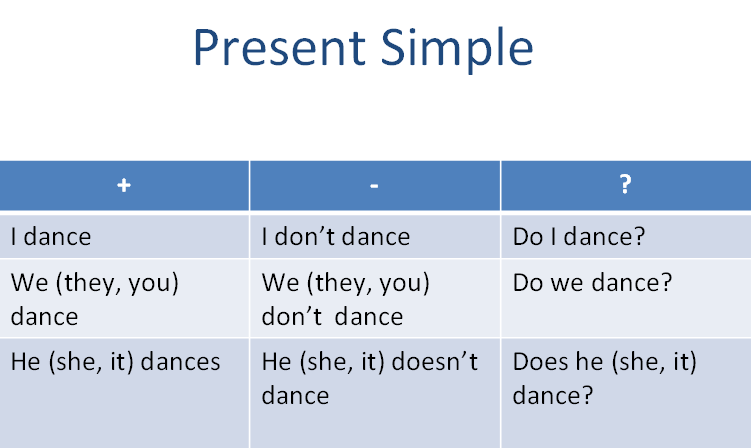IN употребляется а значении:
1) на
in the picture, photograph — на картине, фотографии
in the North / South / East / West of Russia — на севере, юге, востоке, западе России
2) в течении, за
in a week, in a month
He read that book in a week.
The hotel was built in 6 months
3) через
in two days, in a week
I’ll answer you in two weeks.
He’ll call her in a couple of hours.
4) Объем, материал, размер
They drank whisky in large quantities. — Они пили виски в больших количествах
The letter was written in black ink. — Письмо было написано черными чернилами.
A huge monument in bronze and marble. — Гигантский памятник из бронзы и мрамора.
4) Устойчивые выражения:
in the morning — утром
in the evening — вечером
in the afternoon — днем
in time — во время
in advance — заранее
in ages — очень долго
I haven’t seen you in ages.

